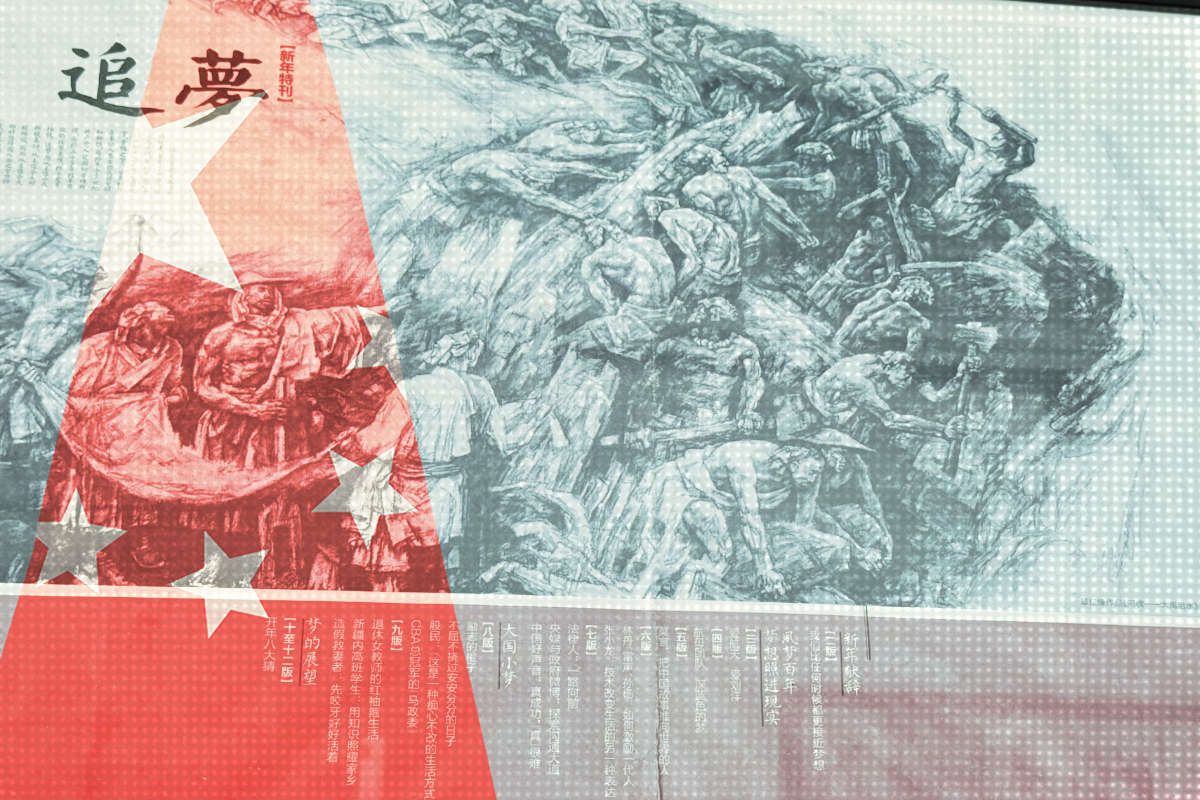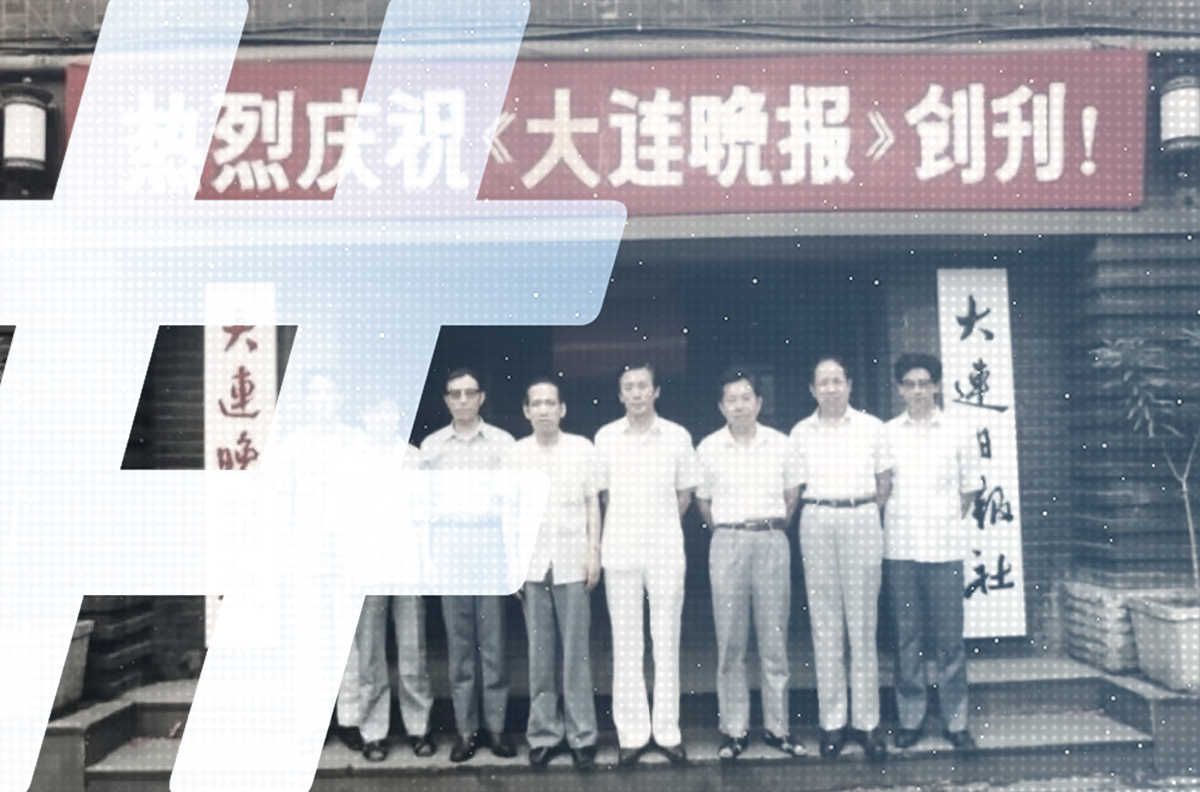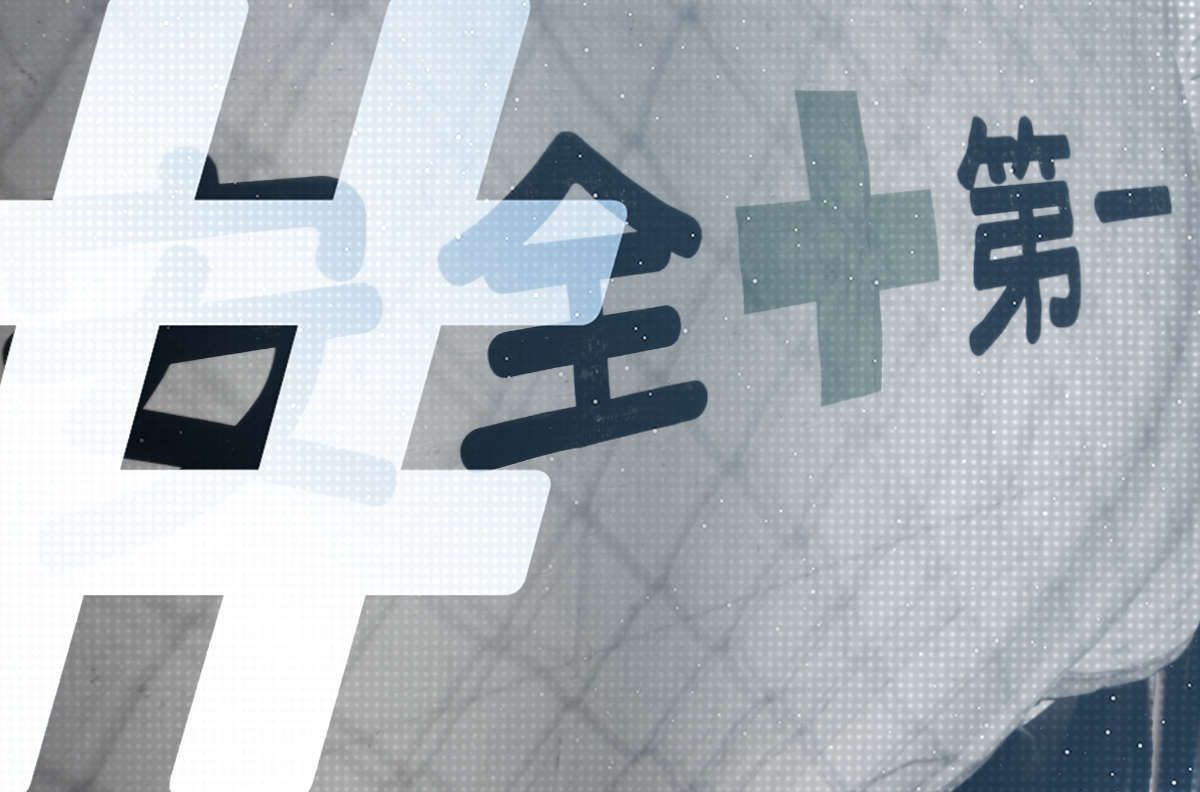What were the factors behind the Southern Weekly incident? Was there any particular reason broader calls for freedom of speech had their origin in a conflict centering on this Guangdong newspaper? If tensions between Southern Weekly staff and propaganda officials had been running high for months, why did censorship of the New Year’s special edition create such a backlash? And why in particular did tensions center on the annual New Year’s Greeting?
Why Southern Weekly?
Southern Weekly has had a difficult past. The newspaper’s ups and downs are a snapshot of media change over the past three decades. When the official newspaper of the Guangdong Party leadership, Nanfang Daily, launched Southern Weekly in 1984, media reforms had just begun in China. Southern Weekly was intended as an experiment in market-driven media, an entertainment publication that would be profitable and also serve as a vehicle for media talent development.
But the paper’s first chief editor, Zuo Fang (左方), had a different vision for Southern Weekly. He wanted to create a new kind of publication that parted with the Soviet “Pravda model” in which newspapers served only as propaganda tools of the Communist Party.
Zuo Fang imagined Southern Weekly as a platform of general enlightenment and enrichment. The newspaper, he said, could not always tell the whole truth, but it would resolutely not tell lies. Under Zuo Fang’s leadership, the newspaper grew steadily bolder in its criticism of those in power.
By the beginning of the 1990s Southern Weekly was regularly running into trouble with officials in the Central Propaganda Department. In the early 1990s, when a report critical of the police was found to contain factual errors, propaganda officials tried to use this as a pretext to shut Southern Weekly down. Fortunately, Party leaders in Guangdong province protected the newspaper and it managed to avoid the worst.
When Jiang Yiping (江艺平) took over as Southern Weekly‘s chief editor in 1994, she worked with Zuo Fang to define a new editorial vision: “Promoting justice, showing care, standing for conscience (弘扬正义,彰显爱心,坚守良知).”
It was a few years later that Zuo Fang invited me to join the newspaper. He talked about how China’s economy was advancing rapidly even as political reforms lagged seriously behind. Reporting on crony capitalism would inevitably become an important focus of Southern Weekly‘s work, he said.
Reports on corruption appeared regularly in Southern Weekly in the mid-1990s. The paper grew more and more confident professionally, investigative reporting becoming one of its specialties. Joining Southern Weekly as deputy editor-in-chief in 1998, I saw the paper climb to its professional peak.
Commercially speaking, Southern Weekly is a successful newspaper. Its circulation is over one million, its advertising revenues top a billion yuan, and its profits stand run into the tens of millions. Its continued success after the mid-1990s drew constant and intensifying pressure from the authorities. During my time at the paper, we received on average more than ten “news commentaries” from the Central Propaganda Department’s News Commentary Group each year. These ultimately resulted in Jiang Yiping’s removal in 2000, and my removal in 2001.
Southern Weekly has long been a thorn in the side of Party conservatives and entrenched interests. Over the past 10 years, the paper has suffered repeated assaults from the authorities and many of its best reporters and editors have been forced to move on. Propaganda officials repeatedly tried sending down ideologically rigid officials from Party newspapers down to Guangzhou from Beijing to serve as editors-in-chief of the newspaper. They appointed “reviewers” who would go over copy with a strict eye. But a consistently strong core editorial team at Southern Weekly meant it was able to withstand such encroachments.
In May 2012, the deputy director of Xinhua News Agency, Tuo Zhen (庹震), was appointed propaganda chief of Guangdong province. He made it his mission to bring Southern Weekly and Southern Metropolis Daily to heel. The campaign of pressure against Southern Weekly went into high gear. Instances of direct intervention and prior censorship began happening more frequently. In an open letter released in the midst of the Southern Weekly crisis last month, staff at the paper revealed that at least 1,034 reports had been killed in 2012 alone.
Why the New Year’s special edition?
The “special edition” is a salient feature of Chinese media. Special editions for various holidays and commemorations have been appearing regularly in China’s media since the mid-1990s. Newspapers see these editions as crucial opportunities to express their unique character and ideals.
When I was deputy editor-in-chief of Southern Weekly, I was involved in a number of special editions, including one for the 80th anniversary of the May Fourth Movement and the 50th anniversary of the founding of the People’s Republic of China.
At the end of 1999, as newspapers across China prepared “millenium editions,” there was a carnival atmosphere in the air. Many media even sent reporters off to Pacific island nations, where they were to witness and record the first sunrise of the new millenium.
Southern Weekly‘s response was entirely different. It sent reporters and editors back to their hometowns to witness and record history and change there. One reporter wrote about his mother’s experiences during China’s Great Famine. Another reporter wrote about how his father had been tragically killed in an explosion at a quarry while working as a migrant worker.
Every New Year’s special edition of Southern Weekly since 1999 has included features in which reporters return to the countryside and to city districts to witness the changes underway there. Together these pieces, which always deal with the same places, form a serial portrait of change in China over more than a decade.
Southern Weekly special editions are known for their outspokenness on core ideas like democracy and civil society. The 80th anniversary edition of the May Fourth Movement called for greater democracy. The 50th anniversary edition of the founding of the People’s Republic of China called for an end to a society of feudal subjects (臣民社会) and the building of a civil society. After 2001, the special New Year’s edition of Southern Weekly began choosing persons of the year as well as reviews of important achievements in press monitoring (much of it investigative reporting) over the past year. The newspaper also looked at some news stories it had been unable to cover during the previous year due to censorship instructions.
These end-of-the-year “inventories,” along with the annual greeting, made the New Year’s special edition a defining product for Southern Weekly.
Due to relentless pressure from propaganda authorities, Jiang Yiping’s position as chief editor was already in jeopardy when the Year 2000 issue came out. In her New Year’s greeting that year she reaffirmed her commitment “not to give up no matter what.”
The tradition of the New Year’s letter at Southern Weekly goes back to the letter from the editor in the first edition of the paper in 1997. In 1999, two particularly strong pieces, a New Year’s special greeting (总有一种力量让我们泪流满面) and a letter from the editor (让无力者有力,让悲观者前行), were widely talked about and shared by Southern Weekly readers. Jiang Yiping and I carried on this tradition when we took over at the paper.
Reviled and Respected
These are the reasons why New Year’s special editions at Southern Weekly (and especially their annual greetings) have long been hated by the Central Propaganda Department — and why they have been loved by millions of readers.
We now know on the basis of accounts from editors at Southern Weekly that cut after cut was made to the 2013 New Year’s special edition — a level of prior interference not seen before at the paper. The biggest fuss was made over the New Year’s greeting in light of its importance and visibility. Ultimately, a deputy propaganda minister in Guangdong personally took over in the writing of the greeting, dictating the text of the letter over the phone. This interference resulted in the embarrassing grade-school error on the paper’s front page about the historical episode of Great Yu Taming the Waters taking place 2,000 years ago (instead of 4,000 years ago).
After enduring wave upon wave of censorship, the original Southern Weekly New Year’s greeting, “China’s Dream, the Dream of Constitutionalism,” was entirely rubbed away. The final text contained none of the language typically used in the paper — words like “justice,” “truth” and “citizen.” Three phrases from official speeches of General Secretary Xi Jinping were also forced into the greeting.
The word “constitutionalism” had appeared 18 times in the original version of the greeting. In the final edit, the last two remaining instances were finally removed, expunging the idea entirely. Also in the final edit, the headline was changed to, “We Are Now Closer to Our Dreams Than at Any Time Before,” a phrase taken directly from an editorial in the Party’s official People’s Daily.
The final version of the New Year’s greeting was trampled into something more closely resembling an official Party report than the conscientious voice of a proud professional newspaper. The imposition was the final straw for Southern Weekly staff.




















